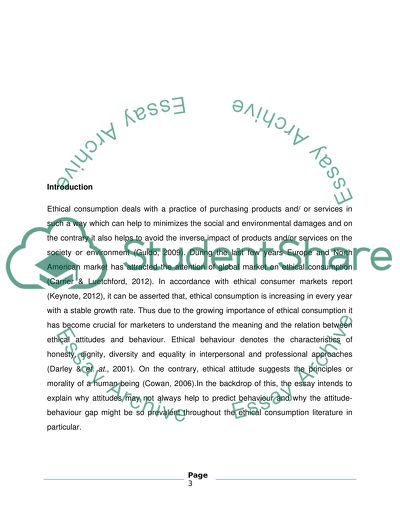Cite this document
(“Ethical Consumption - attitudes, behavior, ethical consumption Essay”, n.d.)
Ethical Consumption - attitudes, behavior, ethical consumption Essay. Retrieved from https://studentshare.org/marketing/1642626-ethical-consumption-attitudes-behavior-ethical-consumption-literature
Ethical Consumption - attitudes, behavior, ethical consumption Essay. Retrieved from https://studentshare.org/marketing/1642626-ethical-consumption-attitudes-behavior-ethical-consumption-literature
(Ethical Consumption - Attitudes, Behavior, Ethical Consumption Essay)
Ethical Consumption - Attitudes, Behavior, Ethical Consumption Essay. https://studentshare.org/marketing/1642626-ethical-consumption-attitudes-behavior-ethical-consumption-literature.
Ethical Consumption - Attitudes, Behavior, Ethical Consumption Essay. https://studentshare.org/marketing/1642626-ethical-consumption-attitudes-behavior-ethical-consumption-literature.
“Ethical Consumption - Attitudes, Behavior, Ethical Consumption Essay”, n.d. https://studentshare.org/marketing/1642626-ethical-consumption-attitudes-behavior-ethical-consumption-literature.


